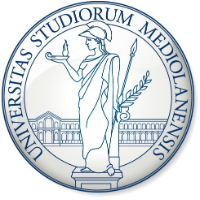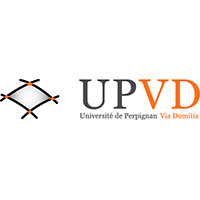Topics
(Tele)diagnosis, (Tele)monitoring and (Tele)management in Medicine
- Analytical and bioanalytical methods for screening and diagnosis in medicine
- Telemedicine and e-Health
- E-health and education
- Endocrine disruptors: advances in assessing environmental health risk and human health
- Environmental pollution and health- sensing, (tele)monitoring and modelling of environmental risk factors
- Personalized medicine
- Biological therapies in the treatment of medical conditions
- Social innovations to improve the quality of life and well-being of elder people
- Assessment of disease susceptibility and diagnosis
- Improving health information, data exploitation and providing an evidence base for health policies and regulation
- (Tele)diagnosis and (tele)management of environmental factors related disorders
- Impacts of poor health on economic output and productivity
- Approaching melotherapy through online sources/remote methods
- Improving health promotion, lifelong physical activity and disease prevention
- Make business a key partner in promoting health and preventing disease
- Physiotherapy – a way to increase the quality and sustainability of patient’s lives
- Bioeconomy for health
- Social responsibility for health
- Health and care systems during and after COVID-19 pandemic
New Trends in Nutritional Sciences and Food Control
- Nutrient sensing and disease
- New (bio)sensors for food control
- Analytical and bioanalytical methods for food characterization
- Food and drug safety control
- Control, benefit and risk assessment of food supplements and novel foods
- Nutrition status and health
- Promoting healthy lifestyle and consumption choices through effective education and public engagement
- (Tele)management of nutrition in disease prevention and treatment
- Food environments and adolescent health
- New perspectives on plant-based nutrition
- Phytochemicals: public health and regulatory perspectives
- Personalized nutrition
- New perspectives on the neuroscience of taste and olfaction
- Food psychology
- Nutrition: an anthropological perspective
New Trends in (Bio)engineering Sciences Applied in Life Sciences
- Innovative smart healthcare and bio-medical systems: artificial intelligence, intelligent computing and connected technologies
- Assistive technologies to the needs of the elderly, disabled and chronic disease patients
- Materials for health
- New (bio)materials used in medical and electronic fields
- Progress in 3D bioprinting technology for tissue/organ regenerative engineering
- Nanotechnology for life sciences
- Personalized electronic tools for effective virtual rehabilitation
- Built environment, urbanization and chronic non-communicable disease
- Hospital hygiene through engineering and ICT solutions.
- Building materials impact on human health
- Occupant safety and health in construction
- Monitoring the indoor air quality in buildings
- Electronic medical devices
- Image, data and signal processing in life sciences
- Computing and simulation in life sciences
- Medical equipment and instruments


















